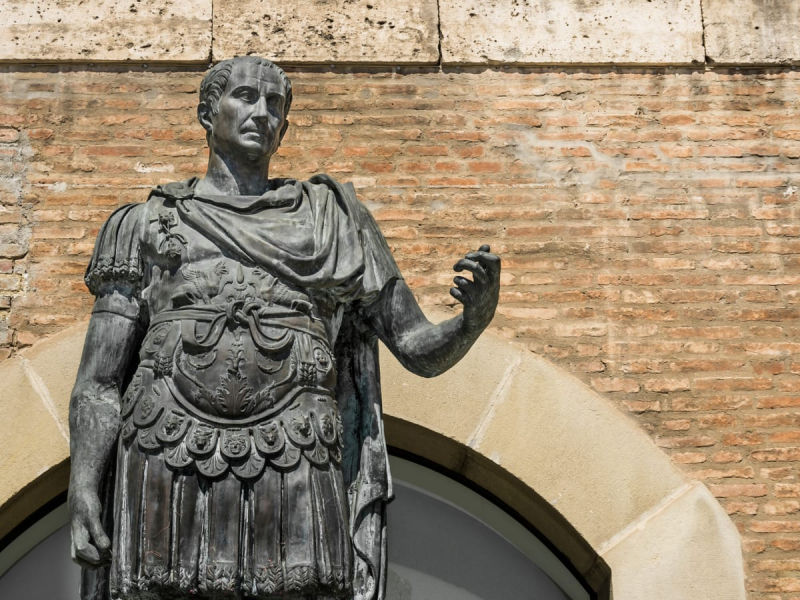He took steps to mitigate the financial crisis in Rome
Julius Caesar had a number of important effects on Rome during his dictatorship from 49 to 44 BC. He took steps to mitigate the financial crisis in Rome. One of the first issues Caesar faced was enormous debt in Rome, particularly following the onset of civil war, when lenders sought repayment of loans and real estate values plummeted. As a result, there was a severe scarcity of currency in circulation, as individuals hoarded anything they could get their hands on. Land values declined, making it more difficult for borrowers to sell their property to repay their loans; consequently, in effort to stimulate the property market, a legislation was introduced forcing senators to invest 2/ 3 of their wealth in real estate located on the Italian peninsula.
Recognizing the gravity of the situation, Caesar directed that the property be taken for repayment at its pre-war worth. He also reintroduced a former legislation that prohibited any single individual from possessing more than 60,000 sesterces in cash. Caesar later annulled all outstanding interest payments dating back to 49 BC and allowed renters to pay no rent for a year. While these methods did not completely eradicate Rome's debt, Caesar's innovative approach helped to reduce the load in a way that satisfied both lenders and debtors.










